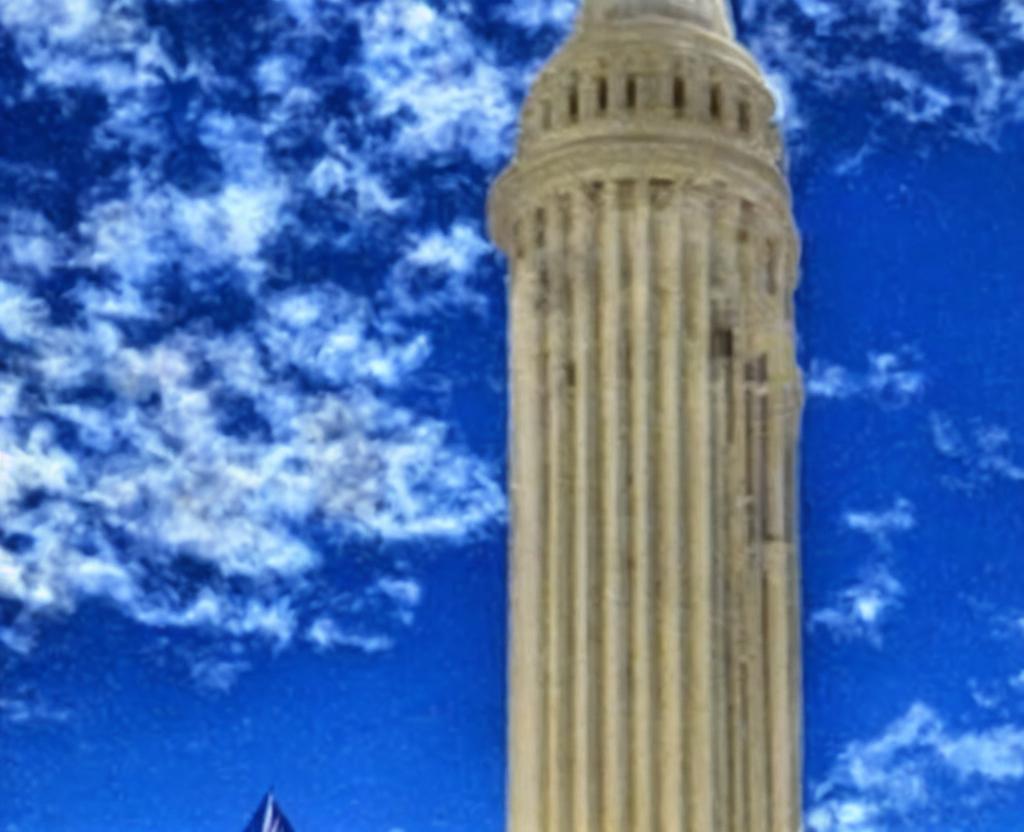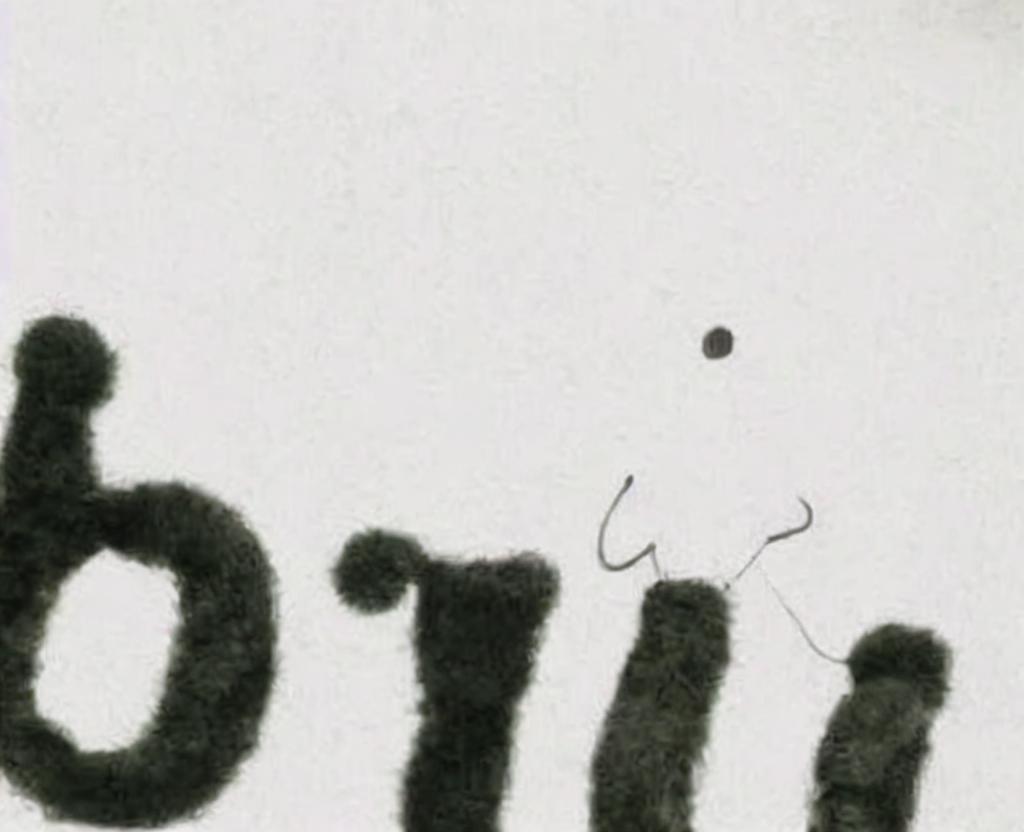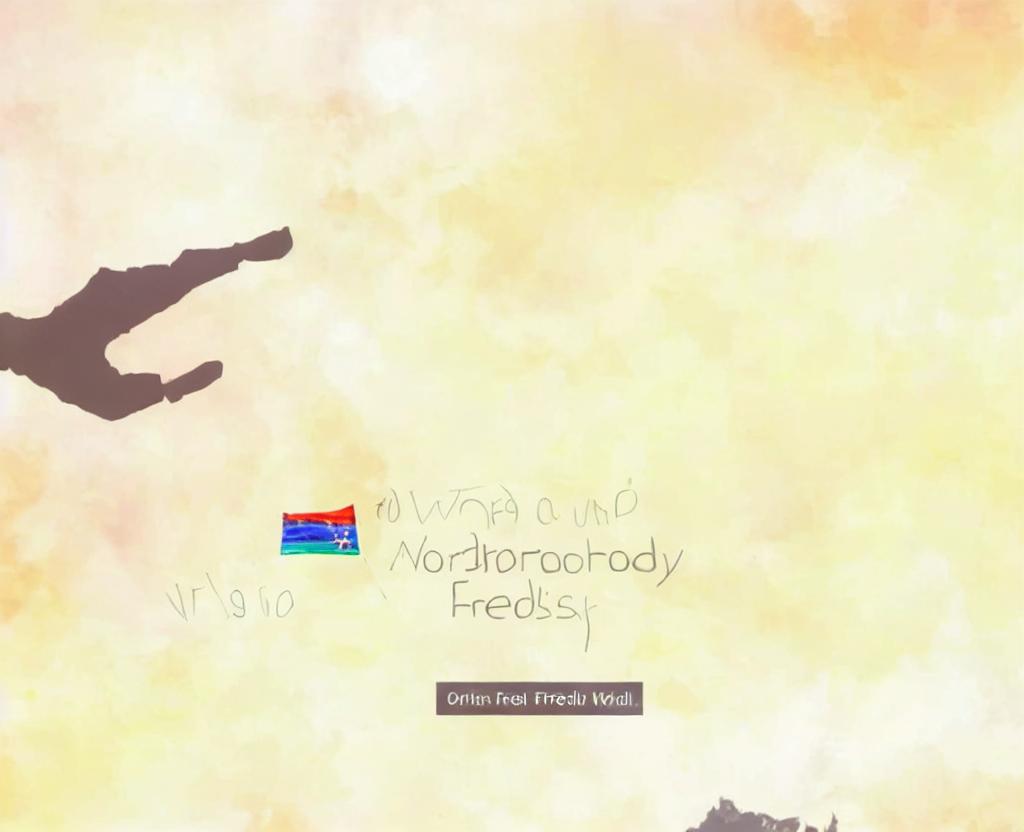
National Louisiana Day
We began honoring each state in the order they were born in the union, beginning with Hawaii and ending with Hawaii on Independence Day. We've chosen a small piece of each state's past, foods, and the people who make up the state. There's so much more to discover, but we can't help but celebrate our beautiful country even more.
Throughout the Delta's long history, the blending of race and culture has resulted in the Delta's own unique flair, which has attracted visitors from around the world to try their food, hear their music, and see their style.
Many ethnic groups populated the area when French explorers first arrived. Many of the country's populations had been decimated by disease and war. The descendants of Natchez, Choctaw, or Chitimacha descendants still live today, and many descendants of the Chitimacha people still live today.
Louisiana became a state in 1803, when the US began talks with France for the 828,000 mile Louisiana Purchase in 1803. Louisianna, the first of 15 states to be carved out of the area, arrived in 1812, the first of 15 states to be carved out of the region, Louisianna.
Louisiana holds the secrets of pirates, slave conflicts, and the paths of progress within its unenigical gulf.. Untold, the bayou teems with life and tales.
The Louisiana epitomizes the term "melting pot" more than any other state. Native American, French, Spanish, German, African, African, Irish, and Caribean cultures have mixed in a variety of ways throughout the state's history, creating a diverse and distinct culture in the bayou. Louisiana's landscape has a direct influence on the cuisine, the language, the music, and history, Cajun (French Canadian or Acadian), Creole (European, African, Caribbean, or Spanish mixed ancestry) and even the landscape have influenced the enchantment that is Louisiana. From the food to the language, the music, and history, Cajun (French Canadian or Acadian), Cajun (French Canadian or Acadian), Cajun





